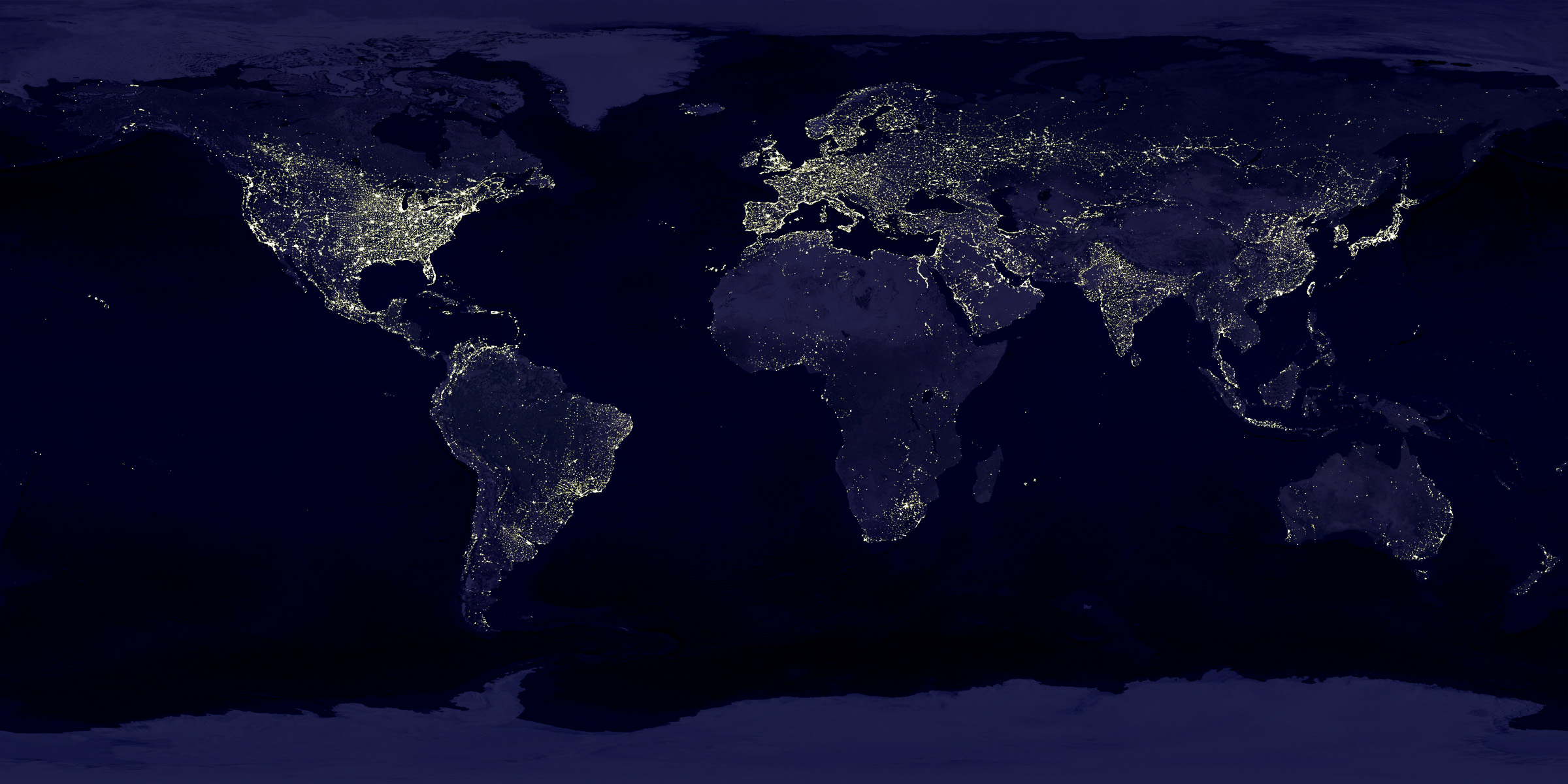Canada is feeling lonely, but its place internationally is still strong
ON DECEMBER 1ST last year the Royal Canadian Mounted Police arrested Meng Wanzhou, the chief financial officer of Huawei, a Chinese telecoms firm, as she prepared to change planes at Vancouver’s international airport. Ms Meng is wanted in America on charges stemming from allegations that Huawei had tried to evade sanctions on Iran. She is under house arrest in Vancouver while Canada works out whether to honour America’s extradition request. China is furious. It has detained two Canadians, a former diplomat and a businessman, in retaliation; Chinese courts have sentenced two others to death on drugs charges. China, which buys C$2.7bn-worth of canola seed from Canada, blocked imports from two of Canada’s biggest producers and has stopped buying Canadian pork and beef.
This clash with the world’s second-biggest economy, on top of tensions with the biggest, has made Canada feel even more isolated. For decades its umbilical attachment to America has given it security and economic sustenance while allowing it to express its distinct diplomatic personality. The embodiment of that idea was Lester Pearson, a prime minister who won the Nobel peace prize for organising a UN force to help end the Suez crisis in 1956, the first such peacekeeping operation. Where the stars and stripes were feared or hated, the maple leaf was often welcome.
...






















